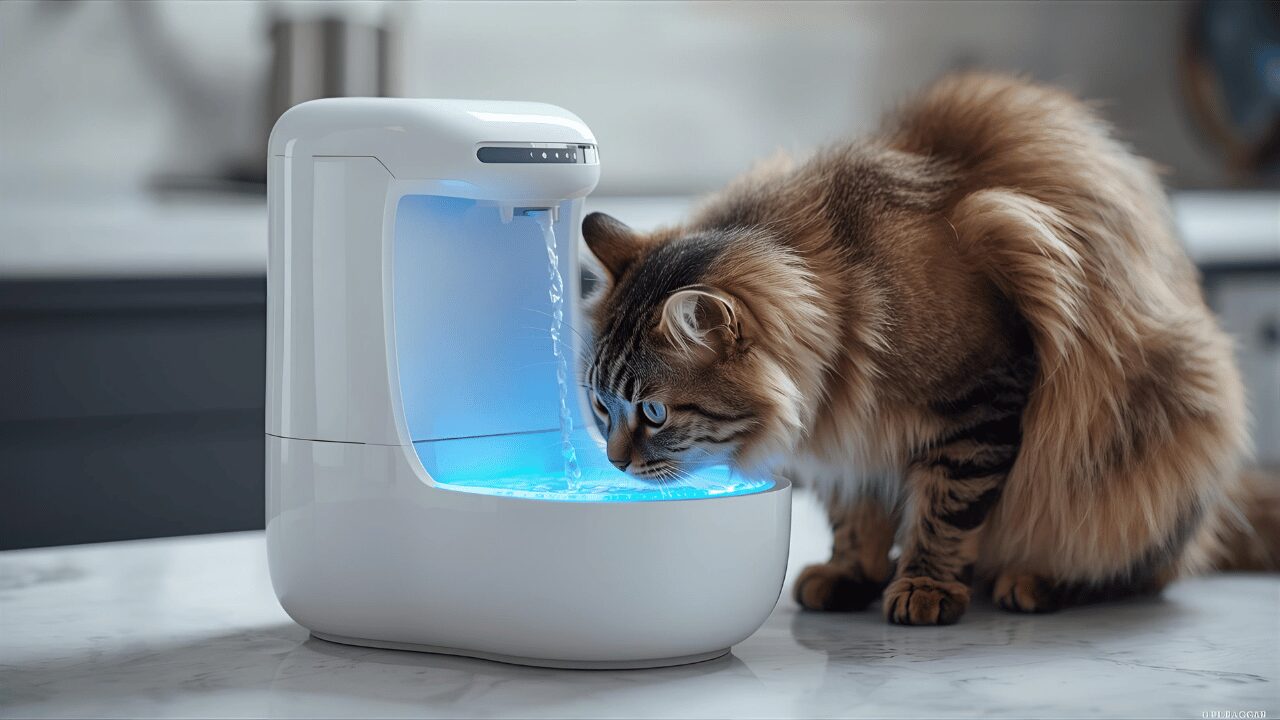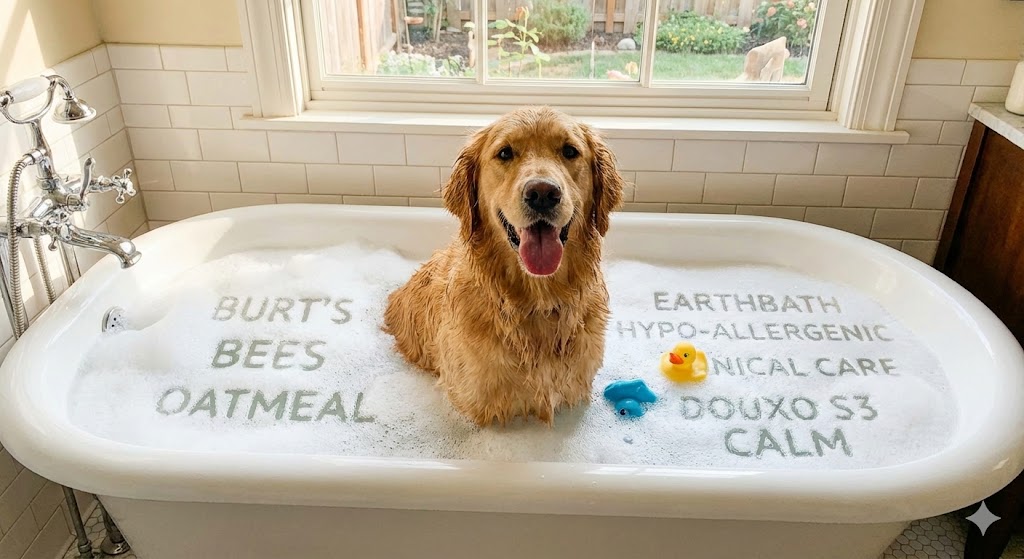📌 Featured Articles

Dog Behavior And Training
Complete Dog Obedience Training Guide: Expert Tips That Work
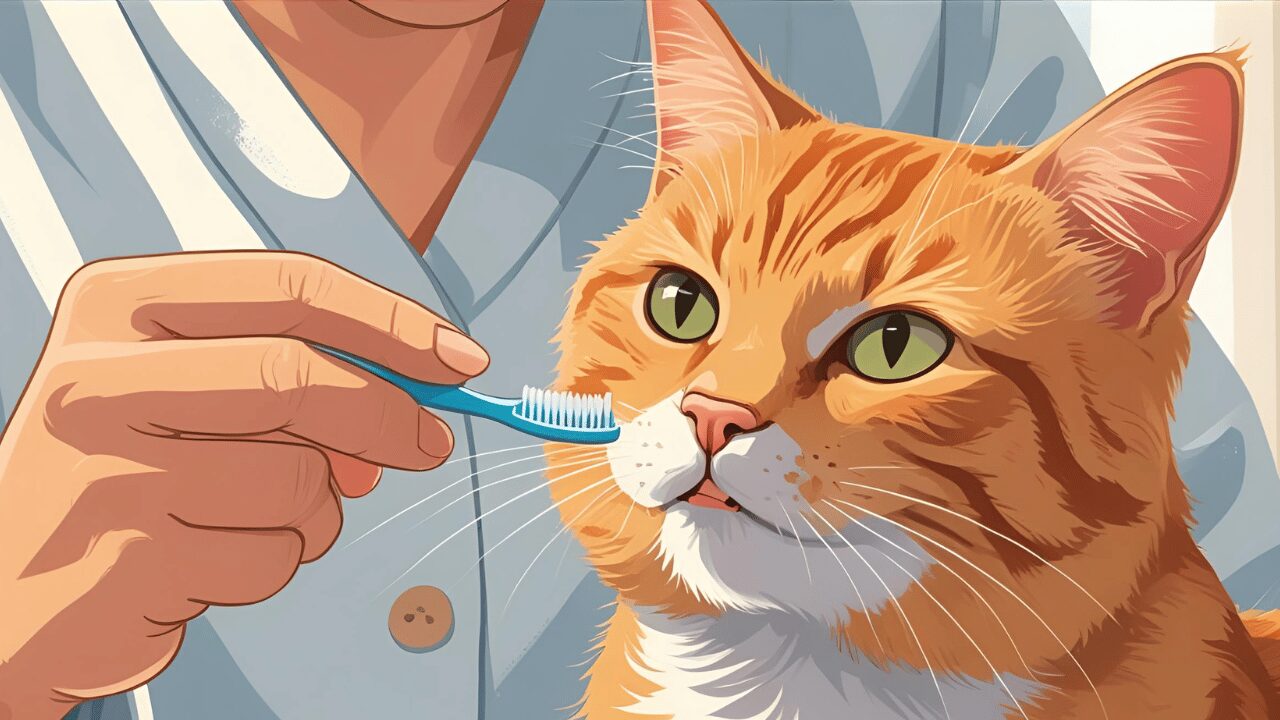
Cat Grooming
The Ultimate Cat Dental Care Guide Every Owner Needs
📚 All Articles

Dog Behavior And Training
10 Activities to keep your dog mentally stimulated

Cat Adoption And Care
10 Reasons Why You Should Adopt a Senior Cat
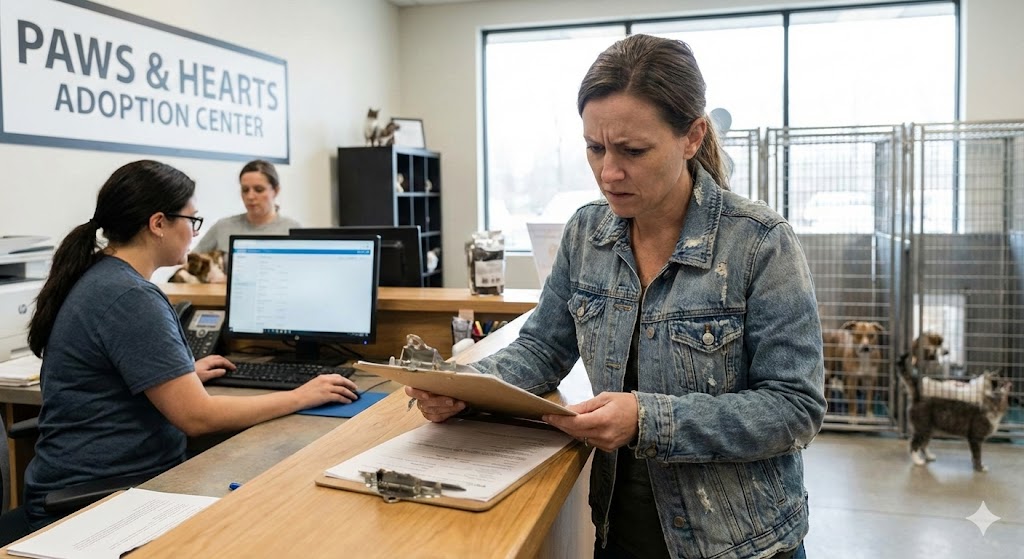
Cat Adoption And Care
10 Red Flags In Pet Adoption Agencies You Must Know (2026 Guide)

Cat Behavior And Training
7 Activities to keep your cat mentally stimulated
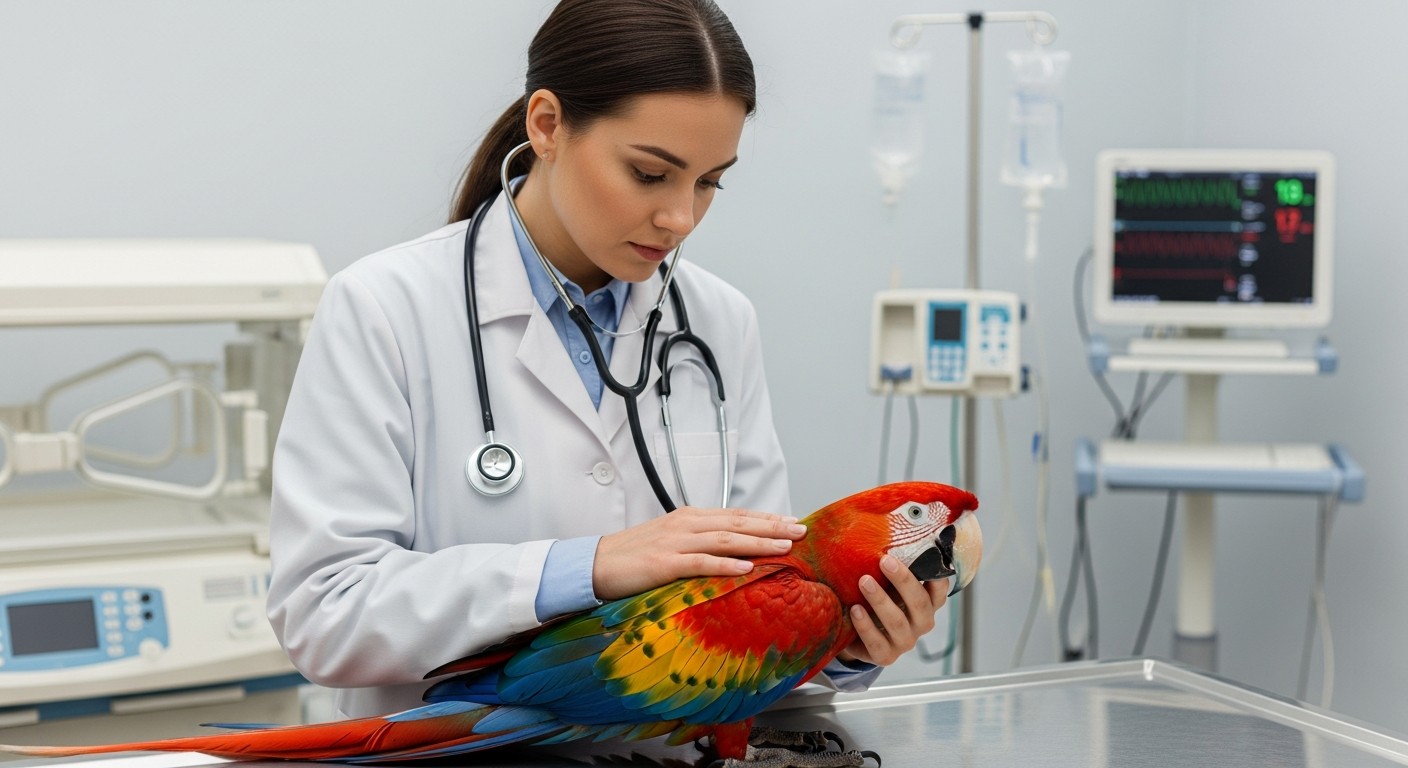
Exotics and Reptiles
How to find & choose an exotic veterinarian: 5 Deadly Mistakes Owners Make in 2026

Exotics and Reptiles
Internal & external parasites in reptiles: 7 Signs You're Missing & Treatment Guide

Exotics and Reptiles
